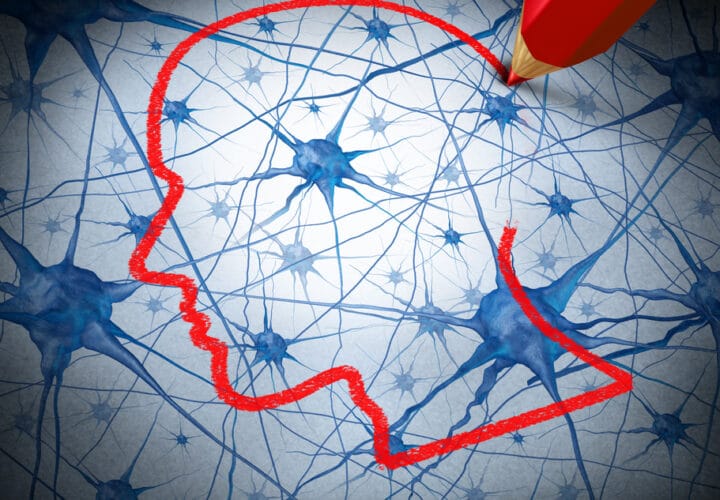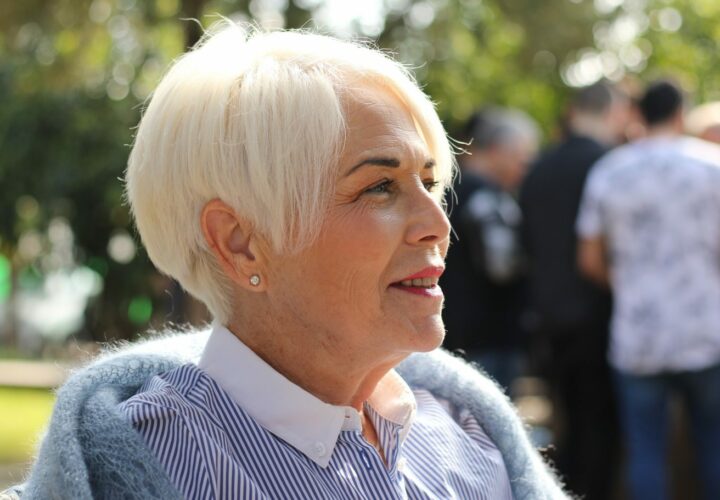Nearly 20 years after the 9/11 terrorist attacks, clinicians are seeing more 9/11 first responders display signs of cognitive disorders and possible dementia.
Two studies led by Stony Brook University researchers support previous research that World Trade Center first responders share a heightened risk of developing dementia.
One goal of the research was to determine if 9/11 World Trade Center first responders have, over time, developed cognitive impairment that can be linked to neurotoxin exposure at Ground Zero.
The age range of patients was 45 to 65 years, a range in which cortical atrophy is typically rare. But imaging revealed areas of the brain cortex — the area responsible for cognition — are atrophied in many 9/11 first responder patients with cognitive impairment, compared to control subjects.
In one study done in collaboration with scientists at the Icahn School of Medicine at Mount Sinai, findings show many responders with cognitive impairment have reduced gray matter thickness in their brains, a sign consistent with neurodegenerative conditions. According to the researchers, this also indicates their brain “age” may be about 10 years older than the normal population on average.
“While there are many reasons for cognitive decline because of brain changes, the loss of gray matter in the brain is one of the most concerning and can be measured by cortical thickness,” Dr. Sean Clouston, lead author and associate professor of Family, Population and Preventive Medicine and in the Program in Public Health said in a news release. “We found a direct correlation between those suffering from cognitive impairment and cortical thickness, indicating a reduction in gray matter of the brain at levels consistent with neurodegenerative disease.”
He added that the level of reduction in the cortical thickness was similar to that of people living with dementia — “a possible indicator of early stage dementia with possible early onset dementia likely to occur for a portion of these individuals at midlife.”
The second study, to be published in the journal Translational Psychiatry, found that blood samples from some responders with PTSD and mild cognitive impairment show protein changes consistent with Alzheimer’s disease and related dementias.
“The environmental exposures and psychological pressures experienced by responders during 911 and its aftermath has had an insidious effect on their health and well-being,” Stony Brook WTC Health and Wellness Program Director and senior study author Dr. Benjamin Luft added. “Findings from our new studies provide data for the first time that support the idea that this population of patients who have cognitive impairment not only have psychological problems such as PTSD but may be at high-risk for neurodegenerative disorders, a possibility that needs immediate and continued investigation.”
According to the researchers, patients from this first responders group “need to be studied longitudinally” to understand whether these changes will progress over time, and that additional imaging and other related brain research is necessary to determine the cause or causes of the brain atrophy detected.
“We hope our unique analysis of proteins associated with cognitive impairment-related diseases in this population is an additional way to identify their risk based on changes in their body likely due from their exposures,” said Dr. Luft.





